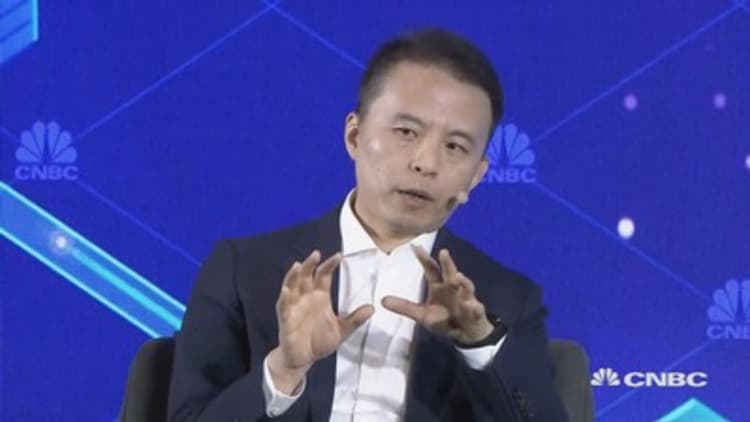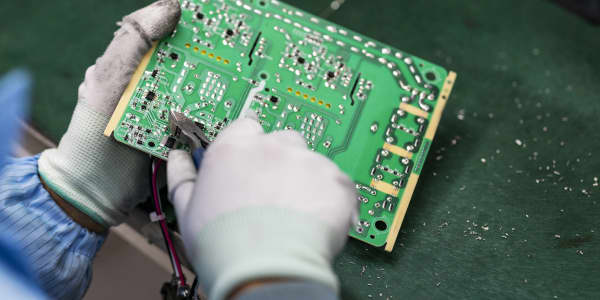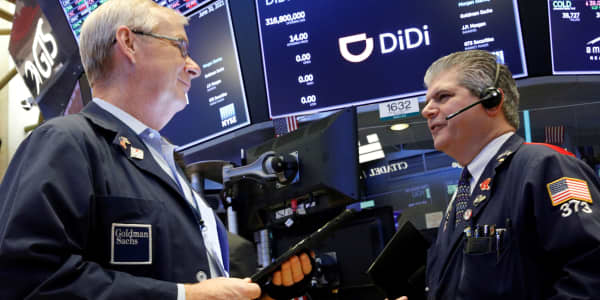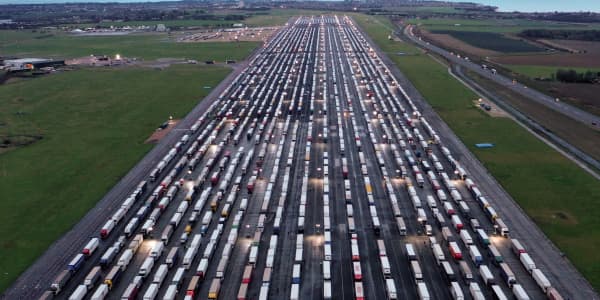
Just because you work more efficiently, doesn't mean you'll get to work any less.
In fact, it may mean you get a bigger workload, said Danil Kerimi, head of Fourth Industrial Revolution Platforms at the World Economic Forum (WEF).
"If you have more productivity and efficiency, you just get to do more," Kerimi said at CNBC's East Tech West conference in the Nansha district of Guangzhou, .
As new technology — artificial intelligence and augmented reality, among others — increases our efficiency, companies around the world are already experimenting with a four-day workweek. Microsoft Japan earlier this month announced that cutting work hours had led to a 40% jump in productivity.
And a report from the AFL-CIO, the biggest labor union in the United States, in September called for businesses to consider expanding all weekends to three days.
But, at the end of the day, deciding whether to work less might be a personal choice, said Kerimi.
"It's really up to the individual to decide how he or she deploys his time and accountabilities," he told CNBC's Deirdre Bosa on Monday during a forum on the idea that we're entering a Fourth Industrial Revolution.
The concept comes from WEF Founder and Executive Chairman Klaus Schwab, who coined the phrase in the book of the same name in 2016. Schwab argues that emerging technology is blurring the lines between the physical and digital worlds, forever changing the way we work.

Some say they're already seeing the effects on their workforce.
In manufacturing, for example, younger machine operators already have a leg-up because of their multi-tasking lifestyles, said Ma Yue, senior vice president of Global Industrial Control & Drives at Schneider Electric.
"So, basically they are playing a video game," he said at Monday's conference. "They are playing a video game every day, so I think it's kind of a dream job for teenagers."




